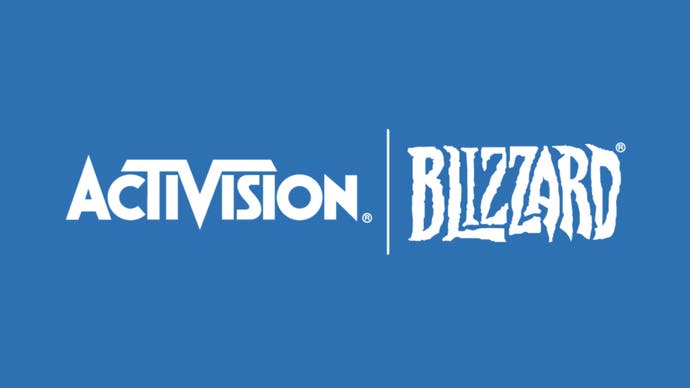California governor accused of interfering to support Activision Blizzard in state discrimination lawsuit
Said to have "abruptly terminated" DFEH boss that fought to maintain agency independence.
The California Department of Fair Employment's ongoing harassment and discrimination lawsuit against Activision Blizzard - which accused the publisher of fostering a "frat boy culture" in which sexual harassment, assault, and inappropriate behaviour were able to thrive - has taken another dramatic turn. A state of California lawyer involved in the lawsuit has resigned, accusing the state's governor of interfering in the case in support of Activision Blizzard.
As reported by Bloomberg, the assistant chief counsel for California’s Department of Fair Employment, Melanie Proctor, has quit her role in protest after California Governor Gavin Newsom "abruptly fired" the agency's boss, Chief Counsel Janette Wipper. A representative for the two attorneys has since confirmed the firing and resignation to Bloomberg.
In an email to staff seen by the publication, Proctor claimed Governor Gavin Newsom and his office had begun to "interfere" with the Activision lawsuit in recent weeks. “The Office of the Governor repeatedly demanded advance notice of litigation strategy and of next steps in the litigation,” Proctor wrote. “As we continued to win in state court, this interference increased, mimicking the interests of Activision’s counsel.”
"Justice should be administered equally," Proctor added in her message, "not favoring those with political influence.”
According to Proctor, the governor and his office "abruptly terminated" Wipper after she “attempted to protect” the agency’s independence following the alleged interference. A spokesperson for Wipper said she is now “evaluating all avenues of legal recourse including a claim under the California Whistleblower Protection Act".
In response to Bloomberg's queries, the Department of Fair Employment would only say it will "continue to vigorously enforce California’s civil rights and fair housing laws”.
News of the state of California's lawsuit against Activision Blizzard - which called the publisher a "breeding ground for harassment and discrimination against women" - first broke last July and the fallout was immediate and significant. It resulted in employee walkouts, the departure of Blizzard president J. Allen Brack and other high-profile staff, a separate investigation by the US Securities and Exchange Commission followed, and further legal action, including a sexual harassment lawsuit filed by the Equal Employment Opportunity Commission.
A US district court judge recently confirmed they were "prepared to approve" Activision Blizzard's previously touted $18m USD settlement of that latter suit - despite objections from other parties, including the DFEH, with many arguing the agreed figure was insufficient.
Away from that case, Activision Blizzard - which was acquired by Microsoft for $69bn earlier this year - has remained mired in controversy. The publisher's CEO Bobby Kotick was alleged to have been aware of sexual misconduct within the company "for years" in a damning Wall Street Journal report published after the DFEH's lawsuit was revealed. In response to those claims, more than 1,300 Activision Blizzard employees signed a petition calling for Kotick to resign - despite Activision Blizzard's board of directors insisting it remained "confident" in Kotick's "leadership, commitment and ability".
Among all this, Activision's repeated claims to be working to improve conditions for employees (it announced it had hired a new diversity chief earlier this week), have been met with incredulity as it continues to face accusations of worker intimidation and union busting and in light of moves such as last year's sudden QA layoffs at Raven Software and its recent vaccine mandate removal.
More recently, a current Activision Blizzard employee raised fresh allegations of sexual harassment, gender discrimination, and retaliation in a lawsuit aimed at the publisher, and the parents of a former Activision Blizzard employee who committed suicide during a company retreat in 2017 have launched their own legal action, suing the publisher for wrongful death, alleging the suicide was the result of sexual harassment by work colleagues.

